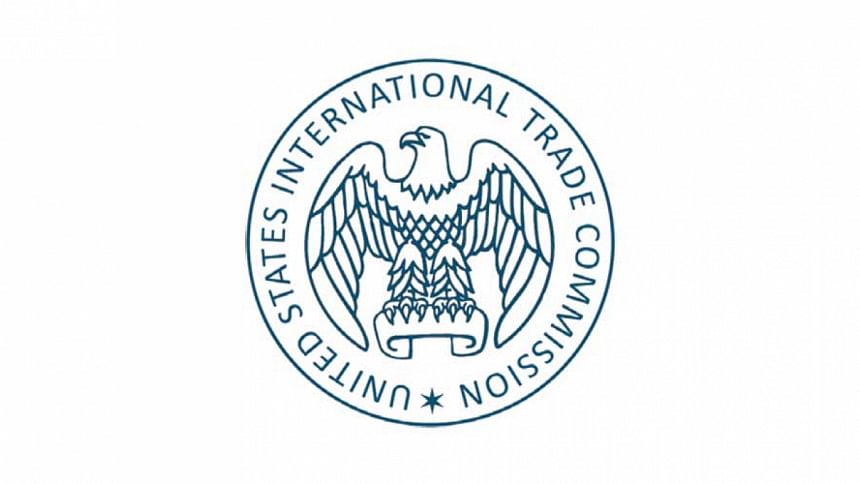US to look into 'unhealthy competition' in garment pricing

The United States International Trade Commission (USITC) is going to hold a hearing involving Bangladesh to see whether a recent rise in prices of garment items sourced from the country had anything to do with unhealthy competition.
The USITC found out that the prices the US paid for each unit of Bangladeshi garments had recently exceeded the average of the prices paid by America for garments sourced from different countries.
This prompted the agency to open an investigation to find out whether any anti-competitive incident took place.
The USITC is an independent, nonpartisan, quasi-judicial federal agency that fulfils a range of trade-related mandates, according to its website.
Faruque Hassan, president of the Bangladesh Garment Manufacturers and Exporters Association (BGMEA), is going to virtually attend the hearing on March 11.
The prices rose mainly due to adjustments brought about by American clothing retailers and brands to compensate for an increase in raw material and shipping costs during and after the pandemic, he said.
The price per unit had been rising at a moderate pace since 2017 while that offered by China has declined, the BGMEA chief added. The unit price offered by Bangladesh is currently $3.23, compared to $1.86 and $2.95 for China and Pakistan respectively, he said.
Given that Bangladesh still largely manufactures basic items, the average price level is well above the global average import price per unit paid by the US, he said.
Hassan also said recent geo-political tensions have added woes to global supplies, which were already struggling, and to the demand dynamics of diesel prices, resulting in record hikes.
"In recent years, our cost of production has gone up exorbitantly. Price of electricity has risen by 25 percent, gas by 286.5 percent, diesel by 68 percent, and similar impacts on transport and other factors are notable," he said.
Inflation has pushed cost of finance further up, leading to increased cost of production and cost of goods, he added.
Also, bank charges and municipality and city corporation fees, including different registration and certification fees, have significantly increased, said Hassan.
In the past decade, the industry invested millions of dollars to remediate factories, and is constantly investing in greener manufacturing, emission reduction and resource efficiency to meet emerging due diligence requirements, he said.
He hoped that the USITC would view the overall scenario instead of considering only cost and efficiency-based competitiveness.
At the same time, drawbacks such as a lack of local raw materials and absence of foreign direct investment in this industry also need to be taken into consideration, the BGMEA chief added.

 For all latest news, follow The Daily Star's Google News channel.
For all latest news, follow The Daily Star's Google News channel. 










Comments